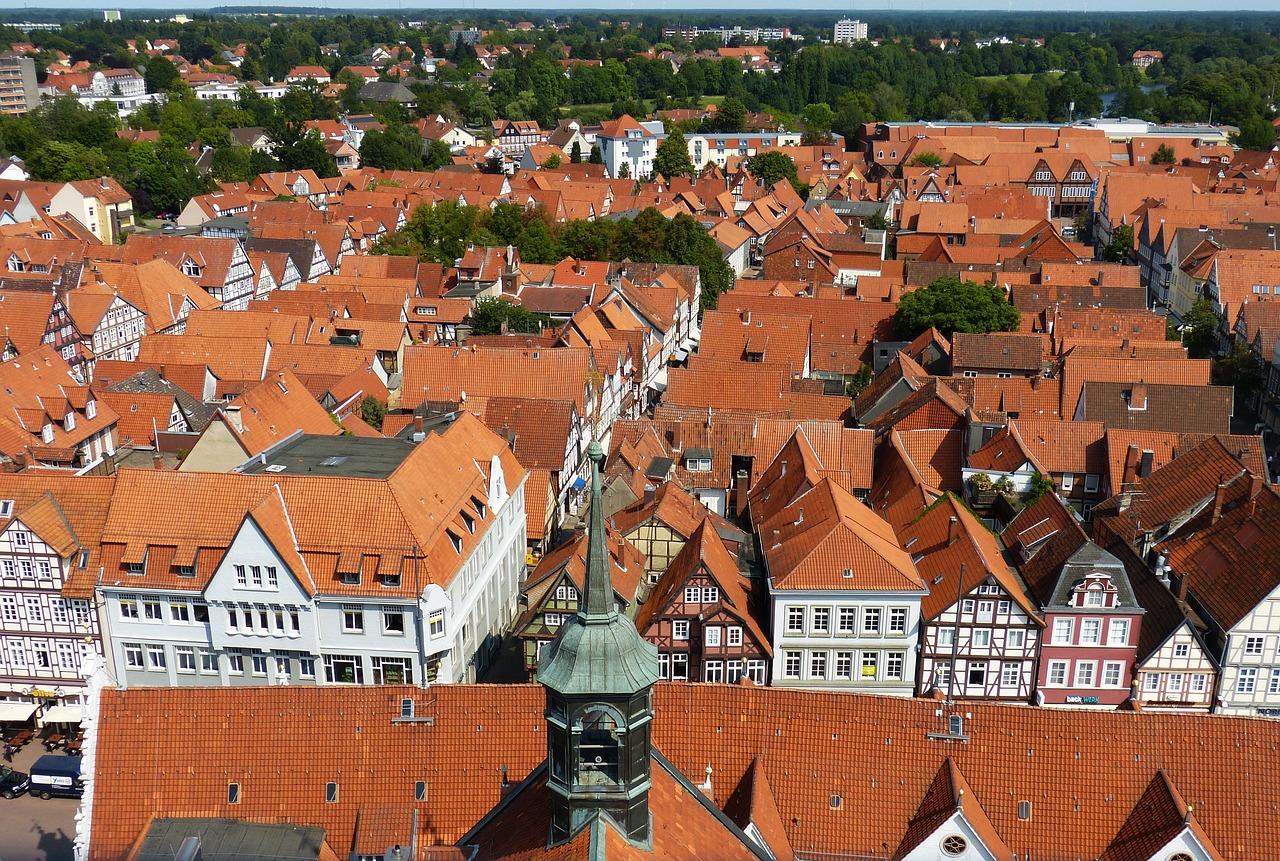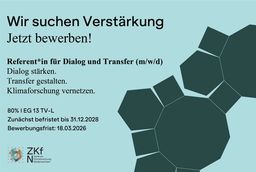Heat check for German cities
- August 8, 2024
- 2 min. Reading time

The environmental organisation Deutsche Umwelthilfe e.V. has evaluated and ranked 190 German cities in terms of their cooling potential at high temperatures. The basis for the heat check is the comparison of sealed surfaces to the volume of green spaces in the urban area. A lot of sealed surfaces and little cooling vegetation, such as trees and plants, indicate high temperatures in the urban area. Less sealed surfaces and lots of greenery, on the other hand, favour cooler temperatures.
In Lower Saxony, Celle performs best with a sealing rate of 44.59% and a green volume of 4.17 m³ of greenery per square metre of area, followed by Hameln (42.00% sealing and 3.48 m³ of greenery/m² area) and Langenhagen (43.23% sealing and 2.70 m³ of greenery/m² area). Peine brings up the rear and therefore has the least cooling potential with 49.25% sealed surface area and 1.85 m³ green/m² surface area.
To the report by Deutsche Umwelthilfe e.V.:
ZKfN call for proposals "Microclimate in urban areas"
Heat development in cities and microclimate in urban areas are particularly hard hit by the effects of climate change - with far-reaching consequences for people, the environment, economic activities, mobility and infrastructures such as energy and water supply.The "Microclimate in urban areas" call for proposals now aims to research the effects of climate change in densely populated areas and to encourage the development of solutions in terms of climate protection and climate adaptation. For this purpose, a cross-location Climate Future Lab is being sought for the Lower Saxony Climate Research Center, which is due to start in summer 2025.
Further information on the call for proposals
More Posts
All
Taking a holistic approach to climate adaptation in cities
Interview with UMEX-HOPE speaker Prof. Dr. Björn Maronga
7 min. Reading time
Big visions, but quick small steps
Social sustainability arises when different actors take responsibility, act together, and combine big visions with concrete, small steps.
4 min. Reading time
Job opening at the ZKfN
The ZKfN is looking for a dialogue and transfer officer to strengthen the exchange between science and society in climate and climate research in Lower Saxony.
1 min. Reading time